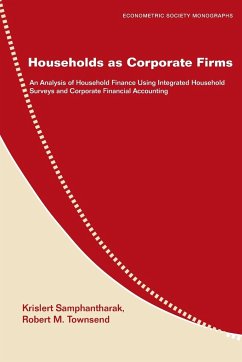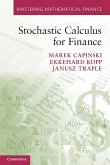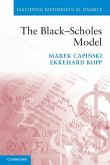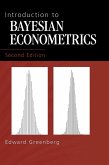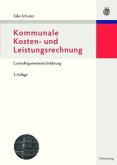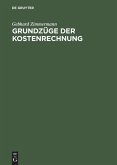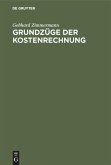This investigation proposes a conceptual framework for measurement necessary for an analysis of household finance and economic development. The authors build on and, where appropriate, modify corporate financial accounts to create balance sheets, income statements, and statements of cash flows for households in developing countries, using an integrated household survey. The authors also illustrate how to apply the accounts to an analysis of household finance that includes productivity of household enterprises, capital structure, liquidity, financing, and portfolio management. The conceptualization of this analysis has important implications for measurement, questionnaire design, the modeling of household decisions, and the analysis of panel data. This investigation proposes a conceptual framework for measurement necessary for an analysis of household finance and economic development. The authors apply corporate financial accounting and create financial accounts for households, using an integrated household survey. The authors also illustrate how to apply the accounts to an analysis of household finance.
Hinweis: Dieser Artikel kann nur an eine deutsche Lieferadresse ausgeliefert werden.
Hinweis: Dieser Artikel kann nur an eine deutsche Lieferadresse ausgeliefert werden.

